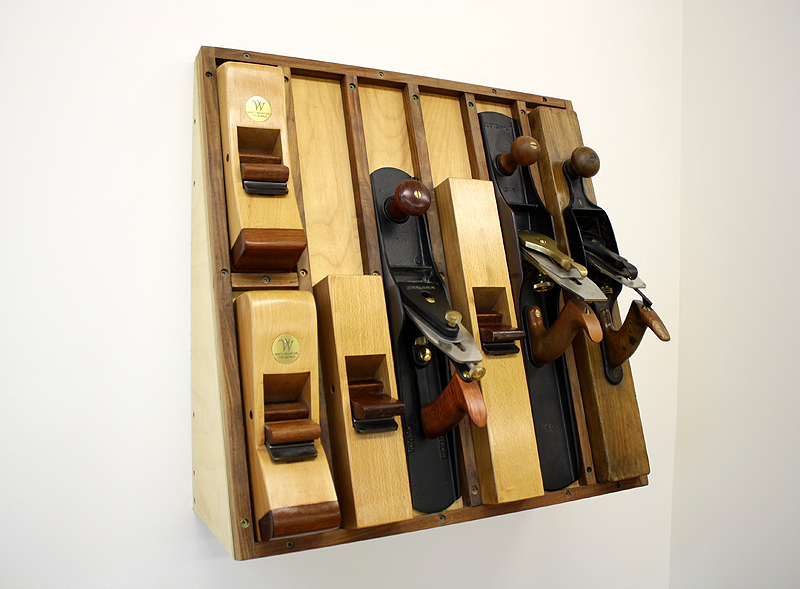Interesting facts about using hand tools. Hand tool use usually requires harder physical work than power tools, but they offer a higher degree of skill and concentration in achieving accuracy. Hand tools will always be ensured a place in the workshop due to their compactness and relative economy. In many cases, they provide the quickest solution since they require little or no setup time. Some cabinet making still calls for many operations which machines cannot tackle. The other main advantage to using hand tools is the pure enjoyment derived from them. Hand tools operate in relative quiet, therefore not creating the noisy distractions that power tools can sometimes produce. Hand tools such as chisels and hand planes require sharpening occasionally, which is another skill that needs to be developed.

Hand tools have evolved over the past centuries, and today’s tools are vastly superior in both quality of metal, and manufacturing accuracy. The hand tools of yesteryear remain treasured items though, since there is almost always a story behind a particular tool. Here in my furniture studio I use hand tools as much as possible, due to the benefits of reduced dust and noise levels and the higher degree of fine craftsmanship possible. Most educational programs in woodworking begin by teaching the use and virtues of hand tools. This is done because hand tools are almost essential, and will be needed at some phase of a project. Projects can be built exclusively with hand tools or a combination of hand tools and machine tools.
